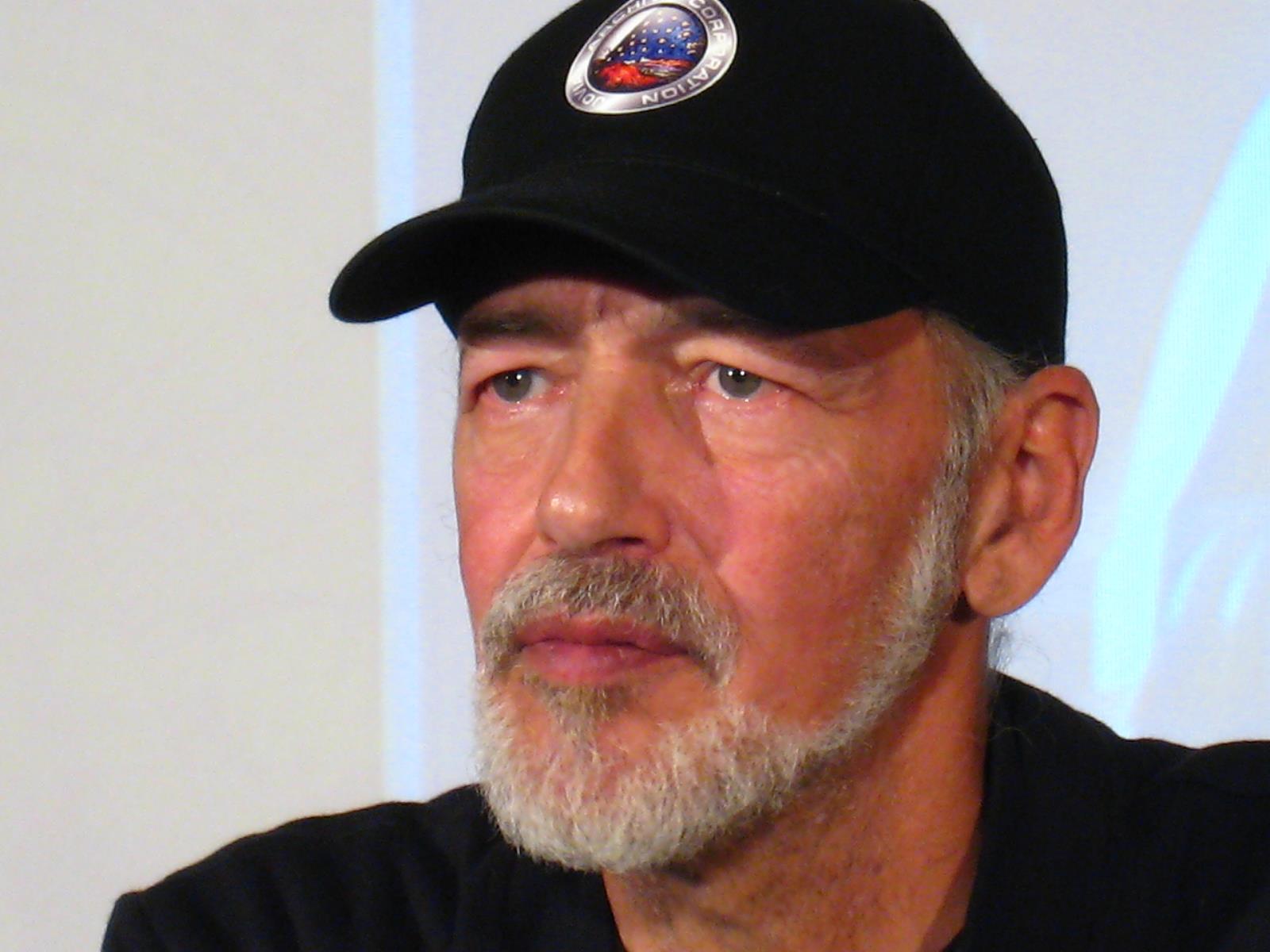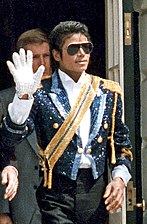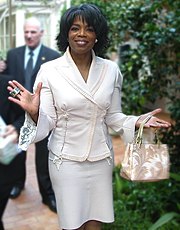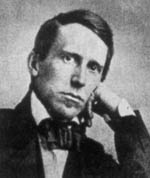Stephen Foster's Human Design Chart
3/5 Emotional Manifesting GeneratorStephen Foster: The Pioneer of American Songwriting and His Human Design
Stephen Foster, an iconic figure in American music history, stands as a testament to the power of melody and lyricism. Known as the father of American popular music, Foster’s compositions like “Oh! Susanna” and “Camptown Races” continue to resonate with audiences worldwide. Beyond his musical genius, Foster’s life and work are intriguingly aligned with his Human Design type, providing deeper insights into his creative process and personal journey.
Early Life and Musical Beginnings
Born on July 4, 1826, in Pittsburgh, Pennsylvania, Stephen Foster was one of the four sons of William Barclay Foster, a merchant, and Elizabeth Clayland Tomlinson. From a young age, Stephen exhibited a unique musical talent, which aligns with his Human Design as a Manifesting Generator—a type known for its creativity and energetic charisma. At the tender age of seven, he amazed those around him by playing “Hail Columbia” on a tin whistle, an early indication of his precocious musical abilities.
Foster’s education was primarily practical, and music was initially just a hobby. However, his inherent Emotional Authority, as described in Human Design, guided his life’s major decisions, including his dedication to music. His first composition, “Open Thy Lattice,” was published when he was just 16, marking the beginning of his illustrious career.
The Rise to Fame
Foster’s breakthrough came in 1846 with the publication of “Oh! Susanna,” a song that propelled him into the limelight. During this period, his Manifesting Generator energy was in full swing, allowing him to quickly produce songs that captured the spirit of the time. Moving to Cincinnati in 1845 to work as a clerk, he composed “Uncle Ned,” further showcasing his knack for creating hits.
In 1848, Foster made the bold decision to devote himself entirely to music—a decision influenced by his Emotional Authority, which encouraged him to respond to his true calling. This move was pivotal, as it allowed him to harness the full potential of his 3/5 Profile and the Right Angle Cross of Tension, which underpinned his creative tension and drive for experimentation.
Human Design Influence on Creativity
As a Manifesting Generator, Stephen Foster was naturally drawn to create and innovate. His Strategy to Respond aligned with how he composed music by responding to the cultural and emotional currents of his time. The channels 17-62 and 20-34 in his Human Design chart highlight his ability to articulate ideas and execute them creatively, a combination that was instrumental in his songwriting process.
The channel 21-45 in his design reflects his natural leadership in the music industry, as he was the first professional songwriter to earn a living purely from composing, setting a precedent for future artists. Additionally, the channel 37-40 illustrates his gift for crafting songs that evoked a strong emotional connection, a hallmark of his enduring legacy.
Personal Life and Challenges
Foster’s personal life was marked by both triumphs and challenges. In 1850, he married Jane Denny McDowell, reflecting his desire for familial connection, as indicated by his 37-40 channel. However, his life was not without its struggles, including financial difficulties and marital issues, exacerbated by his heavy drinking.
Despite these challenges, his Emotional Authority continued to guide him. After a brief stint in New York, where he enjoyed success but also faced setbacks due to his family’s financial troubles, he returned to Allegheny, driven by his deep-rooted ties to home and family.
Later Years and Legacy
Foster’s later years were marked by a decline in health and fortune. Moving back to New York, he struggled with alcohol abuse, a manifestation of the tension inherent in his Right Angle Cross of Tension. Even in his final days, his creative spirit shone through as he penned “Beautiful Dreamer,” a song that would become a posthumous hit.
His untimely death on January 13, 1864, left a void in the world of music. Stephen Foster’s legacy, however, endures through his timeless compositions and pioneering role in shaping American music.
Frequently Asked Questions About Stephen Foster
Who was Stephen Foster?
Stephen Foster was an American composer and lyricist known as the father of American popular music. His famous songs include “Oh! Susanna” and “Camptown Races.”
What is Stephen Foster’s Human Design type?
Stephen Foster was a Manifesting Generator, a type characterized by creativity, energy, and the capacity to multitask effectively.
How did Stephen Foster’s Human Design influence his music?
Foster’s Human Design as a Manifesting Generator, combined with his Emotional Authority, guided his creative process and decisions, enabling him to produce music that resonated deeply with audiences.
What challenges did Stephen Foster face in his personal life?
Stephen Foster faced several personal challenges, including financial difficulties, marital issues, and struggles with alcohol abuse, which ultimately impacted his health and career.
What is Stephen Foster’s legacy?
Stephen Foster’s legacy lies in his pioneering role as the first professional American songwriter and his timeless compositions that continue to evoke nostalgia and sentimentality in American culture.
Discover More Famous People
Browse and analyze over 55,000 public figures and celebrities.
Ra Uru Hu
5/1 Manifestor
Martha Stewart
4/6 Manifestor
David Lynch
4/6 Generator
Barack Obama
6/2 Projector
Steve Jobs
6/3 Generator
Vladimir Putin
5/1 Manifestor
Kim Kardashian
3/5 Generator
Michael Jackson
1/3 Projector
Marilyn Monroe
6/2 Projector
Ariana Grande
2/4 Projector
Oprah Winfrey
2/4 Generator
Johnny Depp
2/4 ManifestorWhat is HumanDesign.ai and how does it work?
Curious what makes Stephen Foster tick? HumanDesign.ai instantly maps their exact birth data into a fully interactive clickable bodygraph chart, letting you hover or tap every center, channel, and gate for plain-language explanations. Bella, the platform’s built-in AI guide, adds context in real time, translating complex mechanics into everyday insights so you can see how Stephen Foster’s strengths, challenges, and life themes play out on-screen.
The same tools are waiting for you. Generate your own Human Design Chart in seconds, open a library of 2000+ suggested questions, and chat with Bella as often as you like to decode your design, daily transits, and even relationship dynamics.
Want to compare energies? Save unlimited charts for friends, family, or clients, then ask Bella to reveal compatibilities, composite patterns, or coaching tips, all in one conversation thread.
Start free with core features, or unlock our Personal and Pro plans for deeper dives: unlimited Q&A, celebrity chart search spanning 55,000+ public figures, white-label PDF reports, branded content generation, and a professional profile with built-in booking for practitioners. Whether you’re exploring your own potential or guiding others, HumanDesign.ai delivers an ever-expanding toolbox of AI-powered insights—no spreadsheets, no jargon, just clarity at your fingertips.
Ready to see yours? Signup for FREE today!

